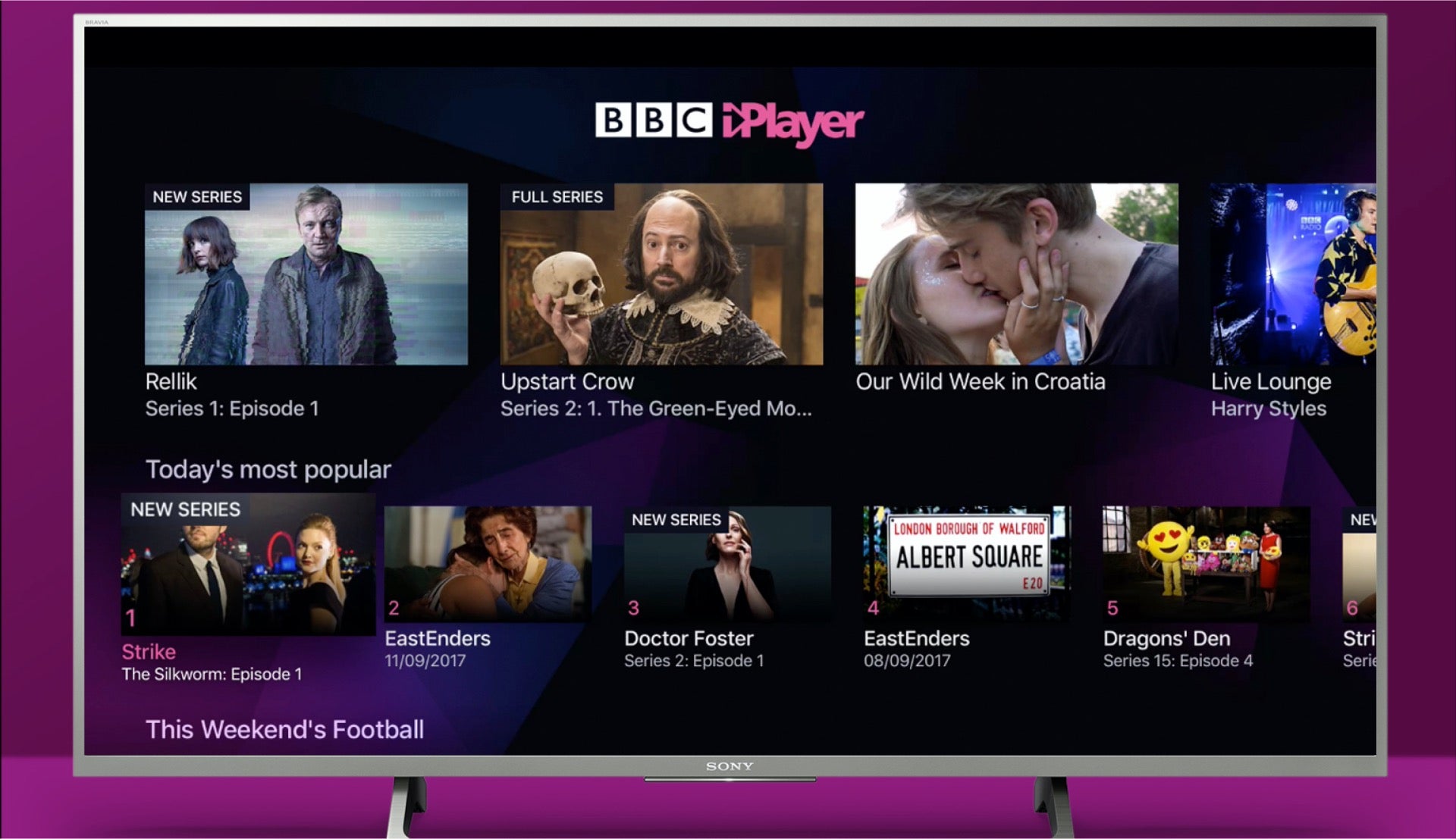
It’s a sign of the times — The BBC reports a serious drop in licenses and it might be the result of cord-cutting.
There were 25.671 million licenses in the past year, down from 25.927 million a year earlier. It was the sharpest drop in recent history, over 250,000, the BBC reported. This is the lowest its been since 2015.
One big reason: Younger viewers prefer broader streaming services, such as Netflix, Amazon Prime Video, and YouTube.
Those demos switching preferences are proving costly to the BBC.
A TV license costs £157.50 ($204) annually, per the BBC’s annual report. In comparison, Netflix is £72-£144 per year ($93-$186) while Amazon Prime Video is £96 ($124) (£7.99 a month), Disney+ £59.99, ($77) and Apple TV+ £59.99 (£4.99 a month).
Overall license fee revenue fell £170 million ($220 million) to just over £3.5 billion ($4.5 billion). The government will also stop funding the TV license concession for those 75 and over.
(During lockdown, Netflix consumed 4 percent of viewers’ time, according to the report. The BBC had 24 percent.) It also reported its ad-free iPlayer saw a 38 percent increase in requests for streaming — 4.8 million — year-over-year, 2019-2020.
The iPlayer can be used on multiple screen sizes and delivers BBC and BBC on-demand content. Since the pandemic lockdown began March 23, BBC iPlayer has received 927 million requests to stream or download content – a 61 percent increase on 2019.
From April 27-May 3, iPlayer earned its most successful week in history to date: 146 million users steamed BBC content. The most watched shows on iPlayer have been “Normal People” and “Killing Eve.”
Yet despite the iPlayer’s upticks, the BBC’s license losses mean gains elsewhere. The report found Gen Z and millennials — 16 to 34 — watched or listened to seven and a half hours of BBC content a week. That’s only a slightly higher share than YouTube.
Viewing times also dropped — across all ages. The overall audience reach of BBC1 fell from 68 percent to 65.4 percent in a year. BBC2 also dropped, from 42.9 percent to 41.9 percent.
Key younger demos are watching more SVODs, gaming, YouTube, etc. — up nine hours weekly — which is impacting the broadcaster.
Even the 55+ demo is dipping a bit — that usually dependable audience’s reach across all BBC TV channels fell from 93 percent to 92 percent.